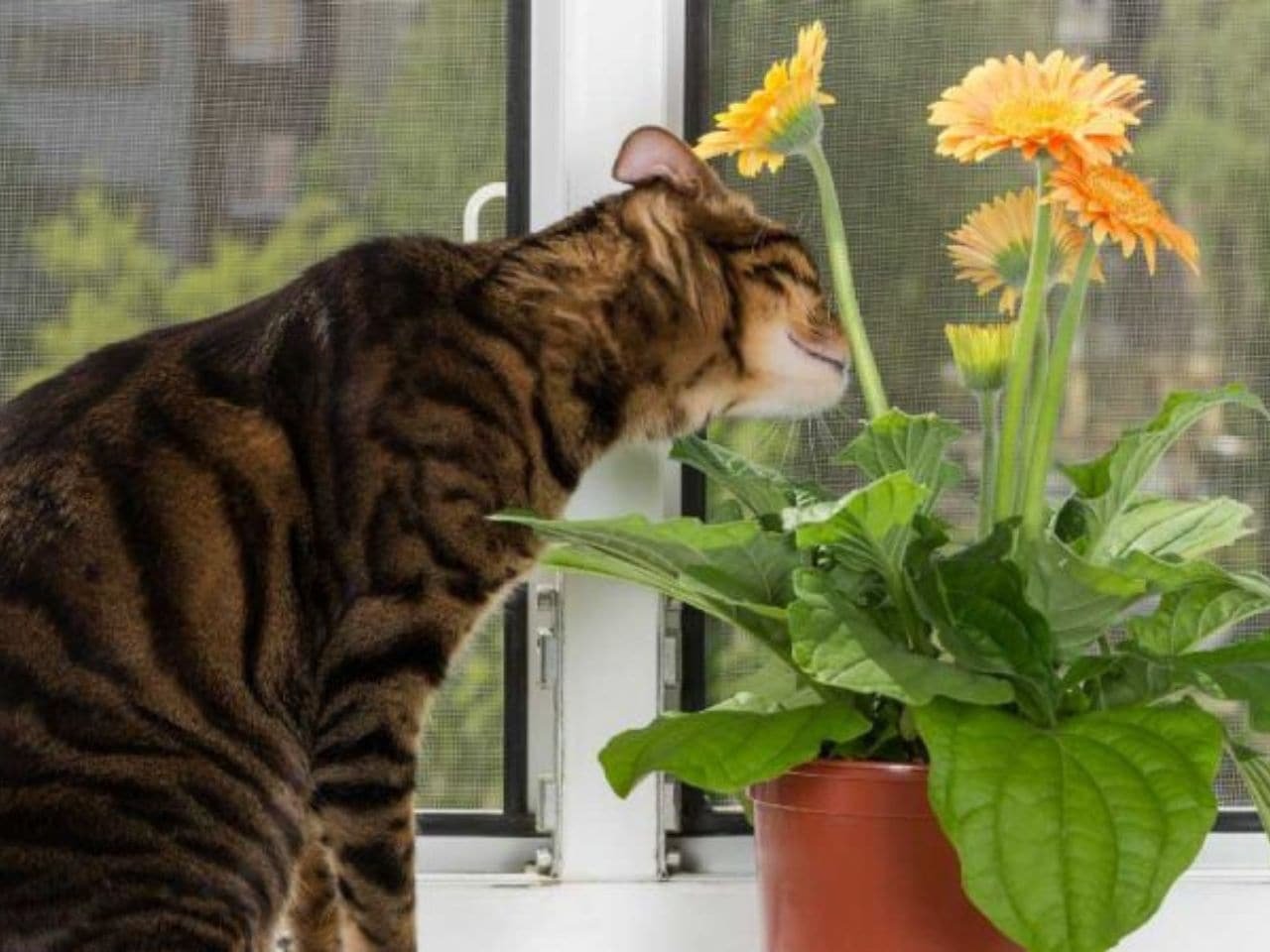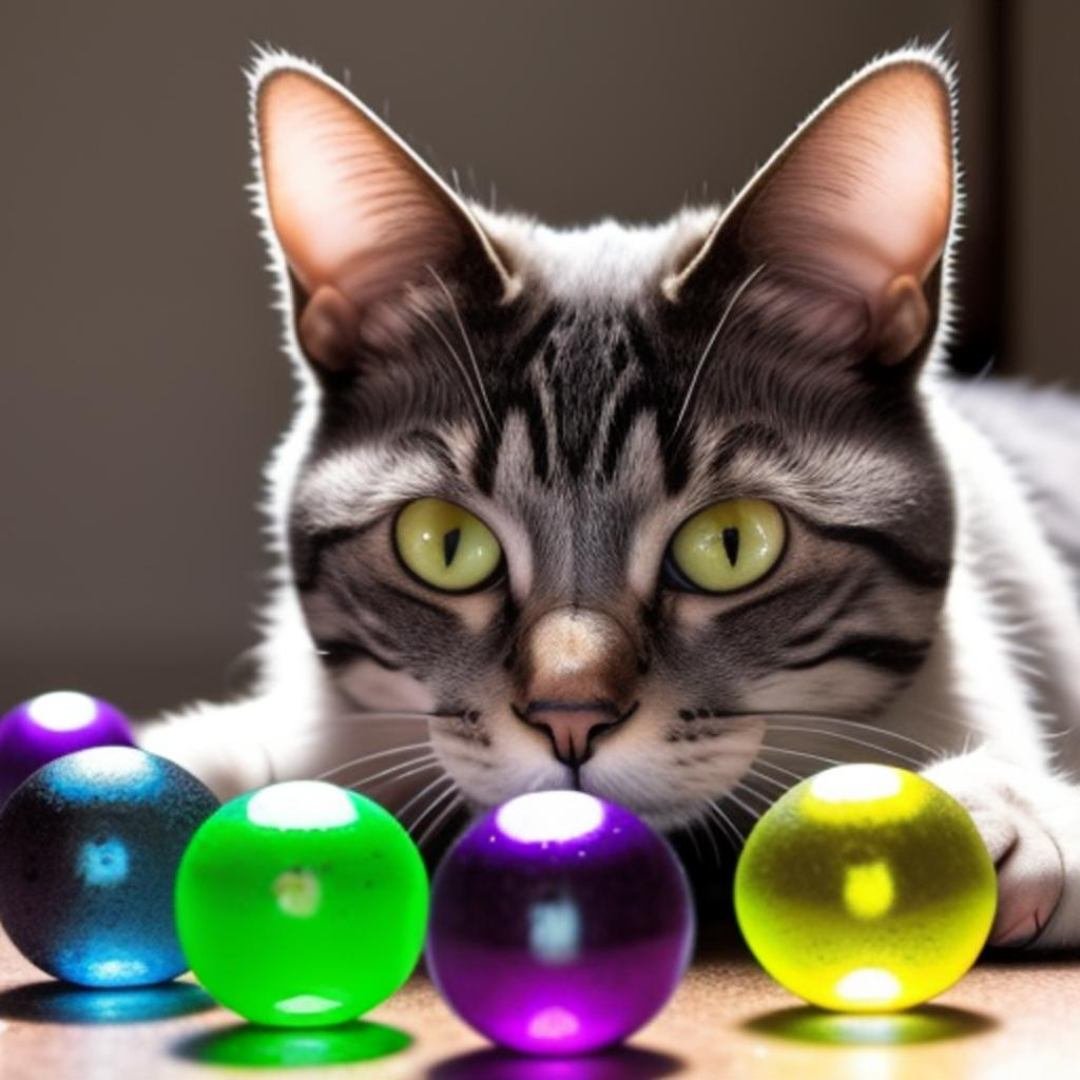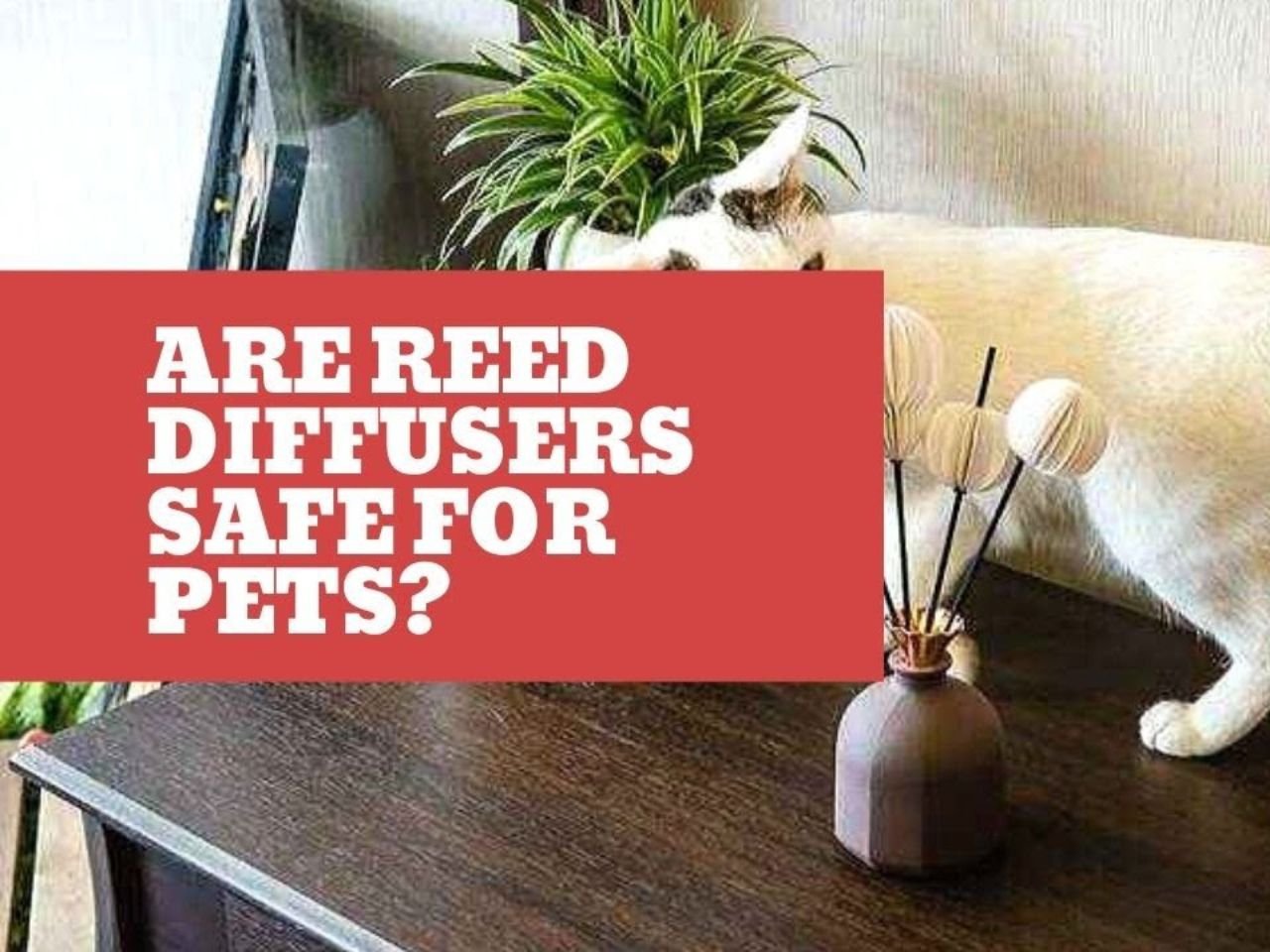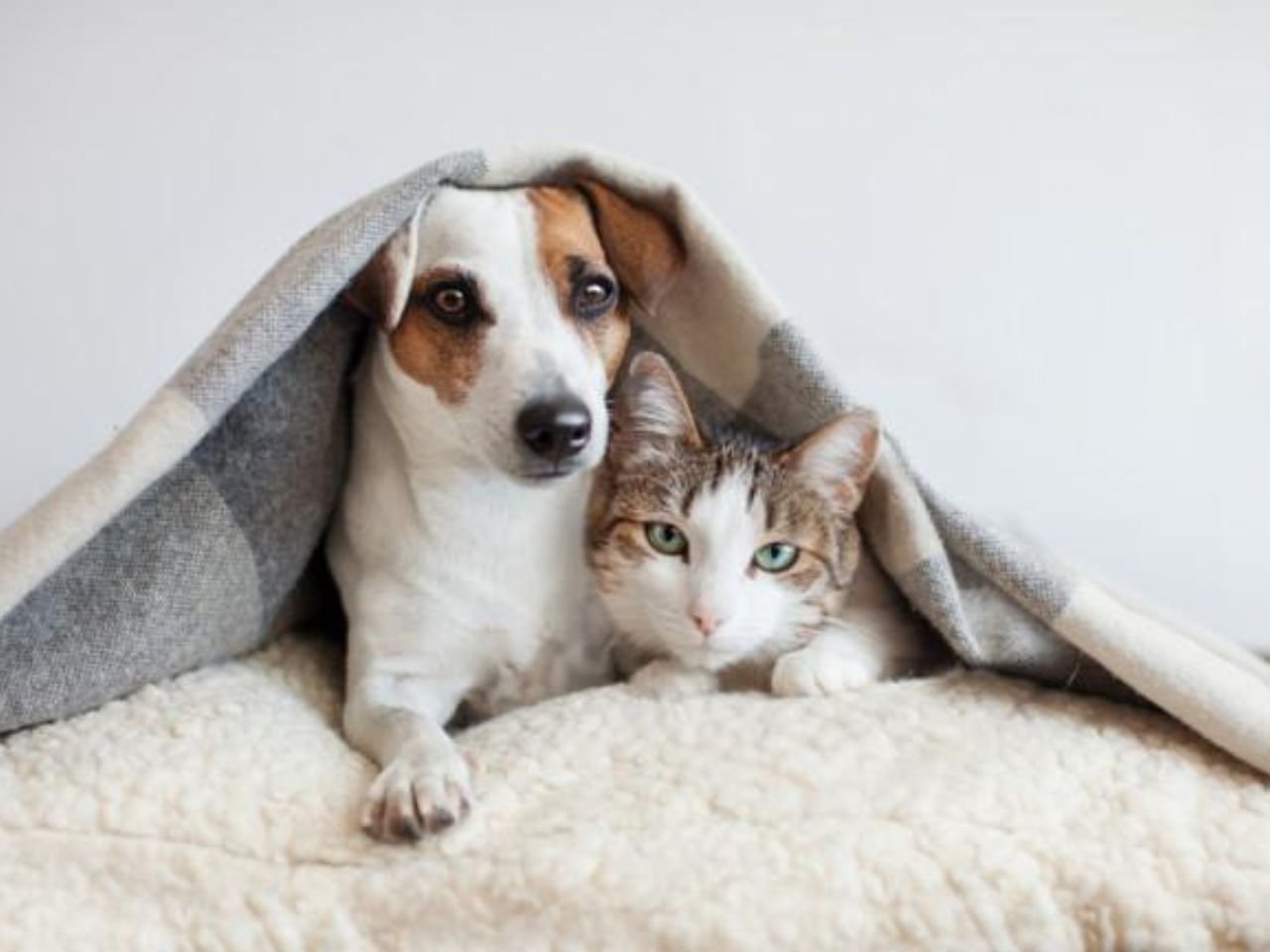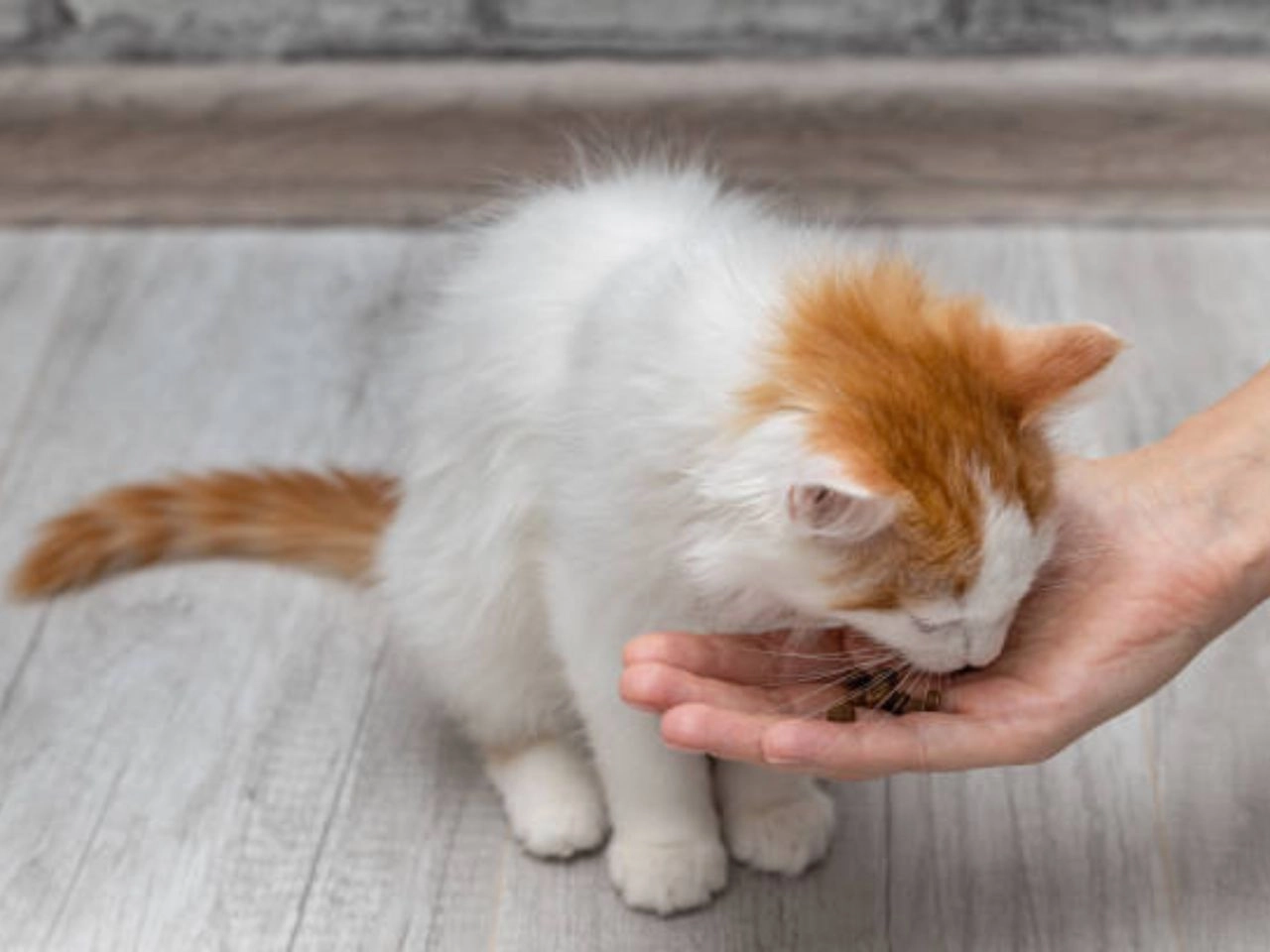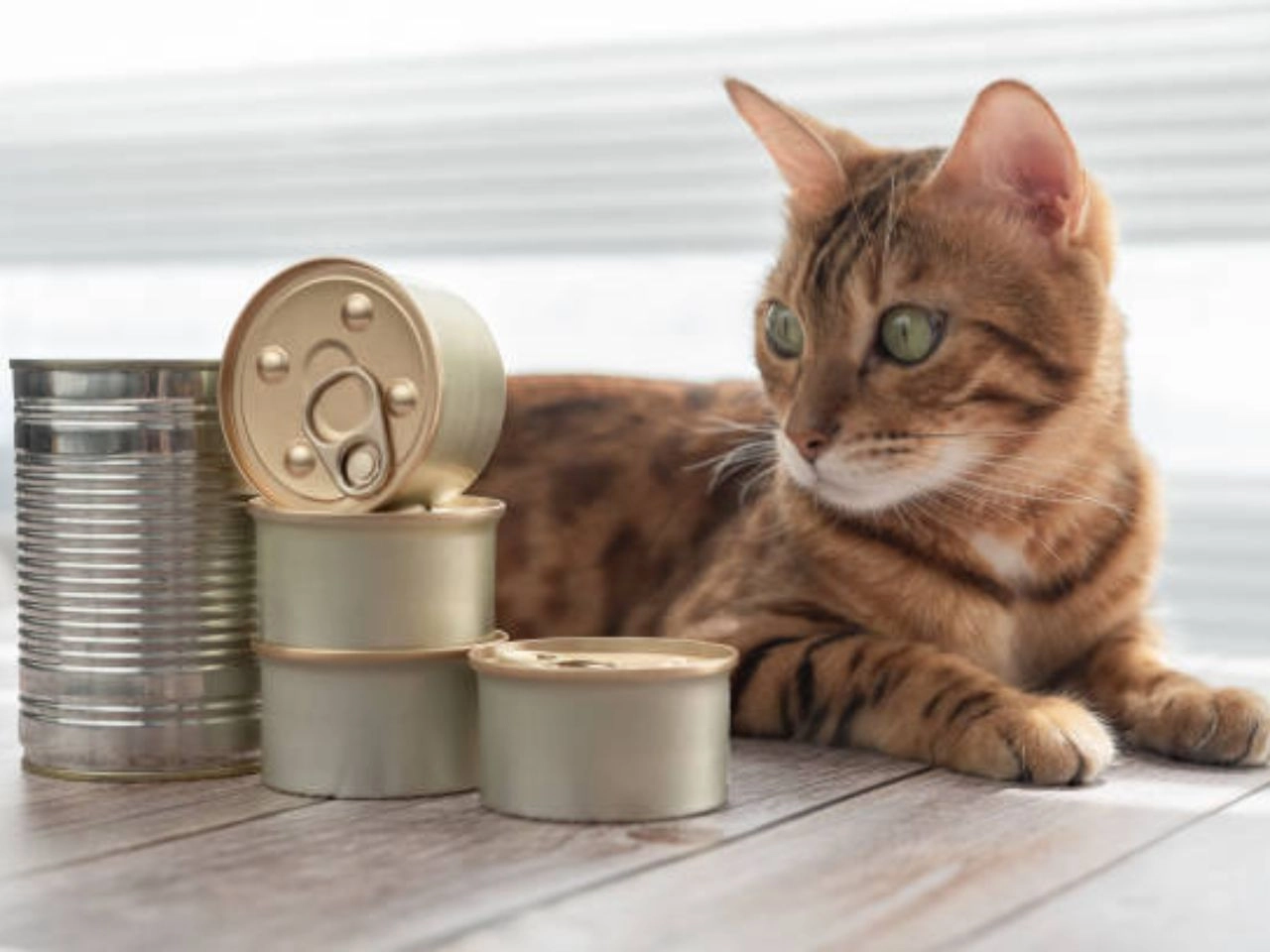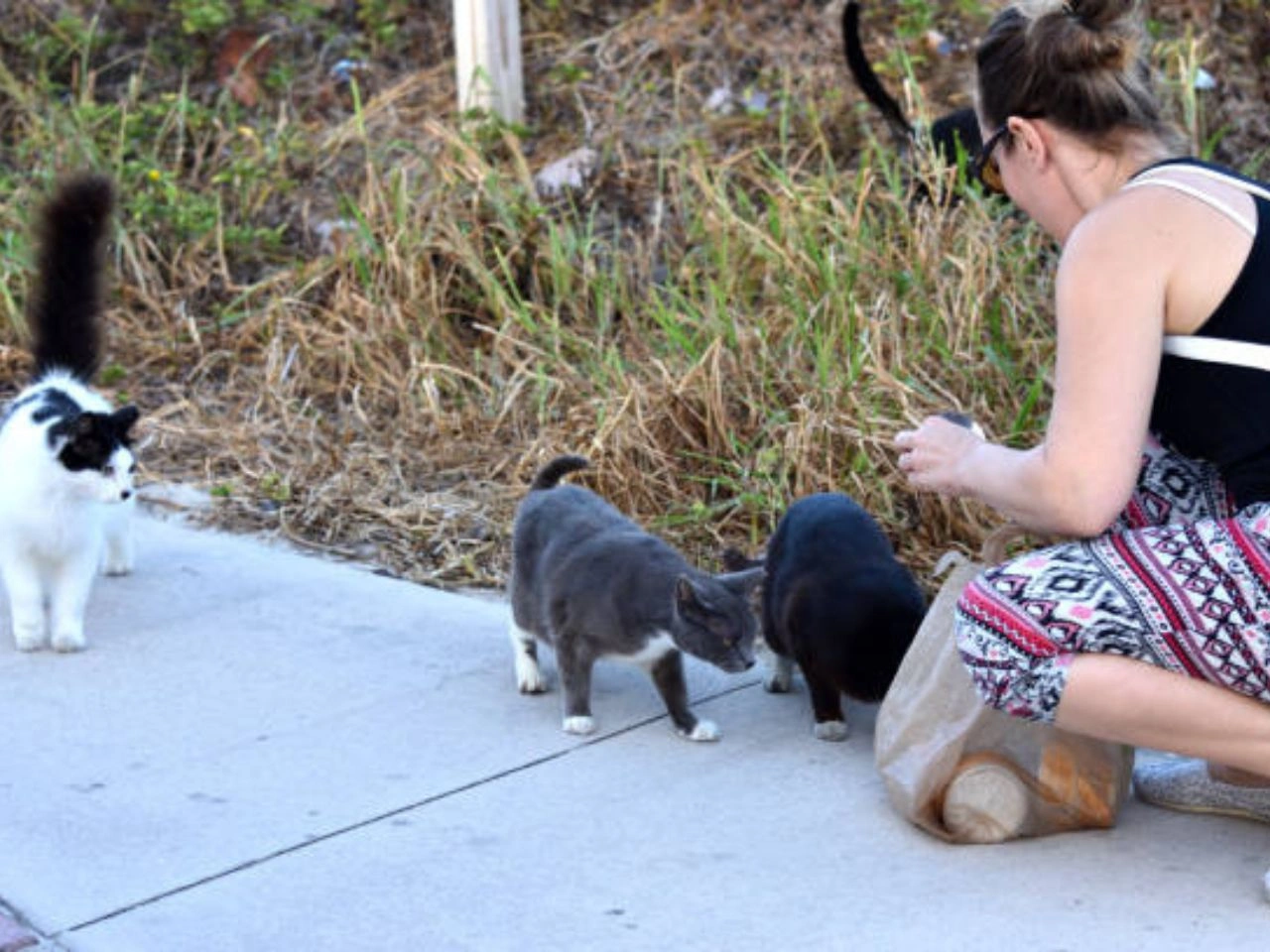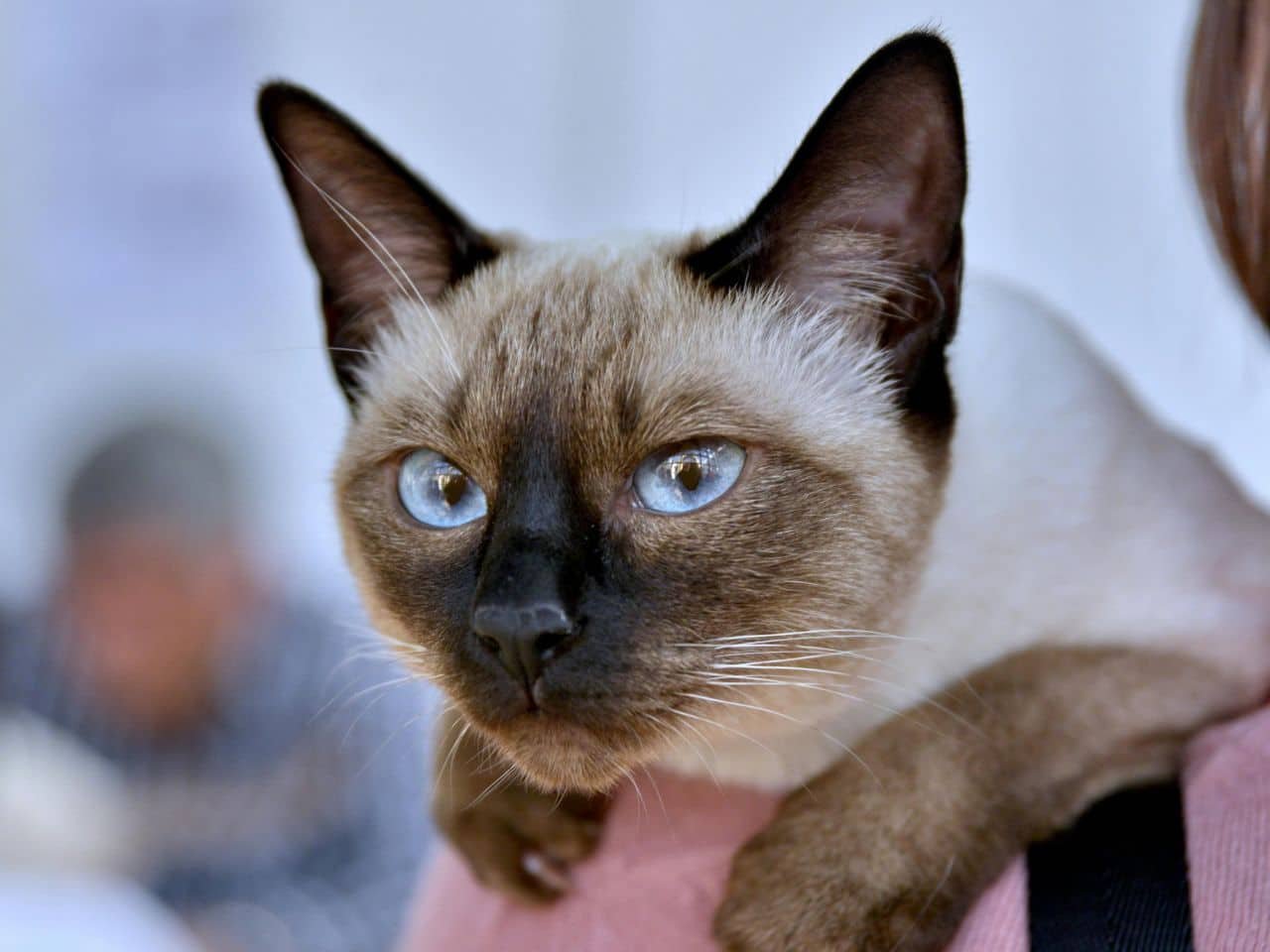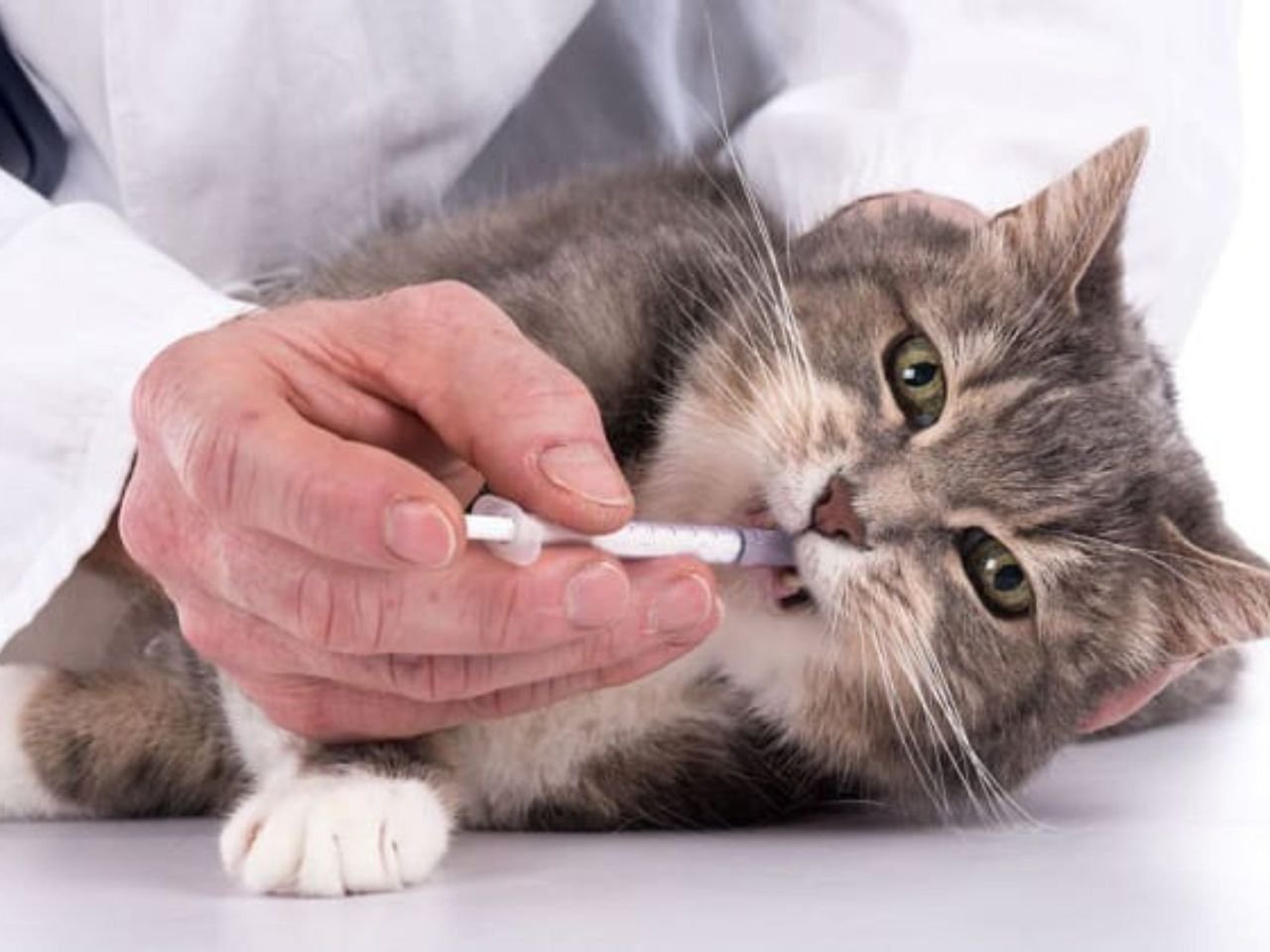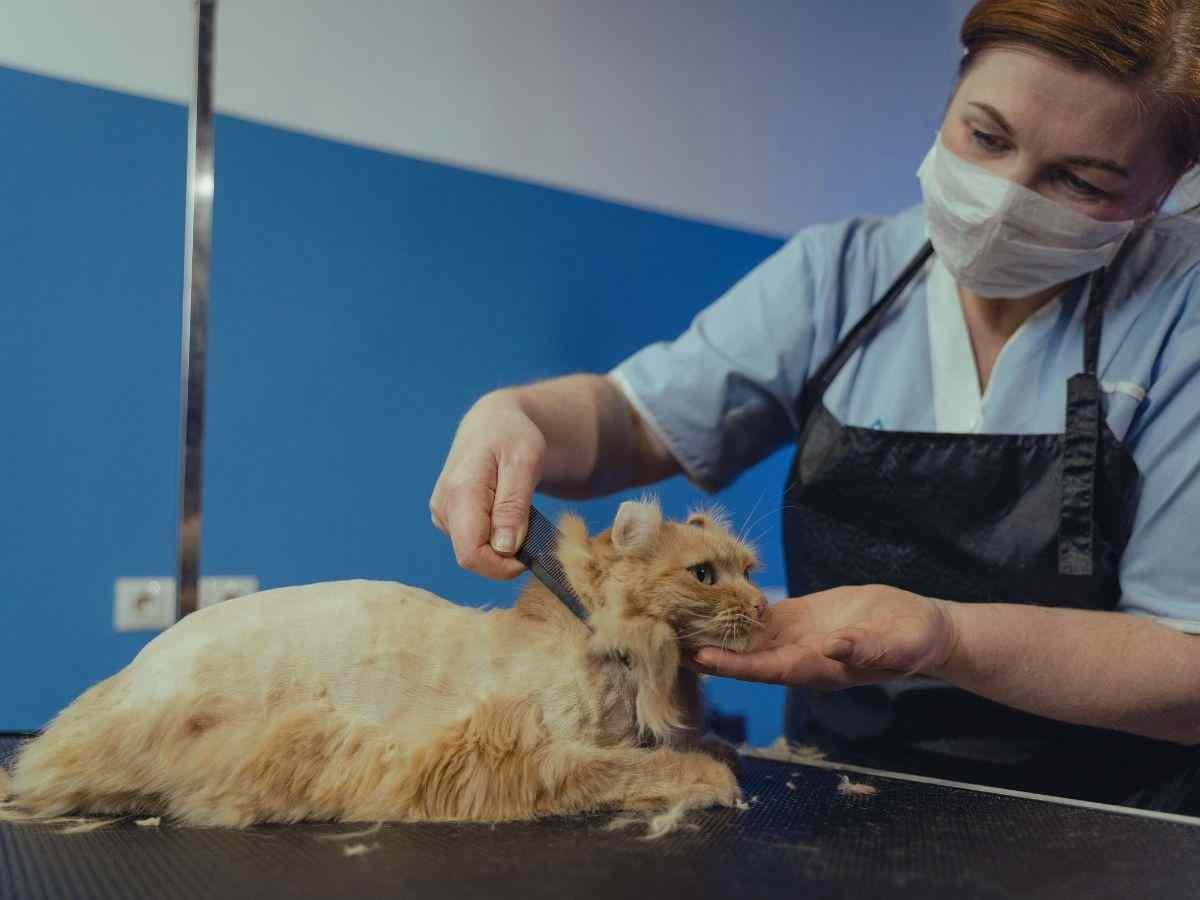Is Sage Safe for Cats? Discover if this herb is safe for your feline friend. Learn about the potential benefits and risks of sage for cats.
Sage is generally safe for cats in small amounts. Large quantities can cause gastrointestinal upset.
Sage, a popular herb in culinary dishes, is often a concern for pet owners. Cats are curious creatures and might nibble on plants. Understanding the safety of sage for cats is crucial. While small amounts are usually harmless, excessive consumption can lead to digestive issues.
Symptoms may include vomiting or diarrhea. Always monitor your cat’s behavior around plants. Consulting a veterinarian for any concerns is advisable. Ensuring your home environment is safe for your feline friend is essential. Proper knowledge about common herbs and their effects on pets can prevent potential health issues. Sage can be a part of your home, but caution is key.
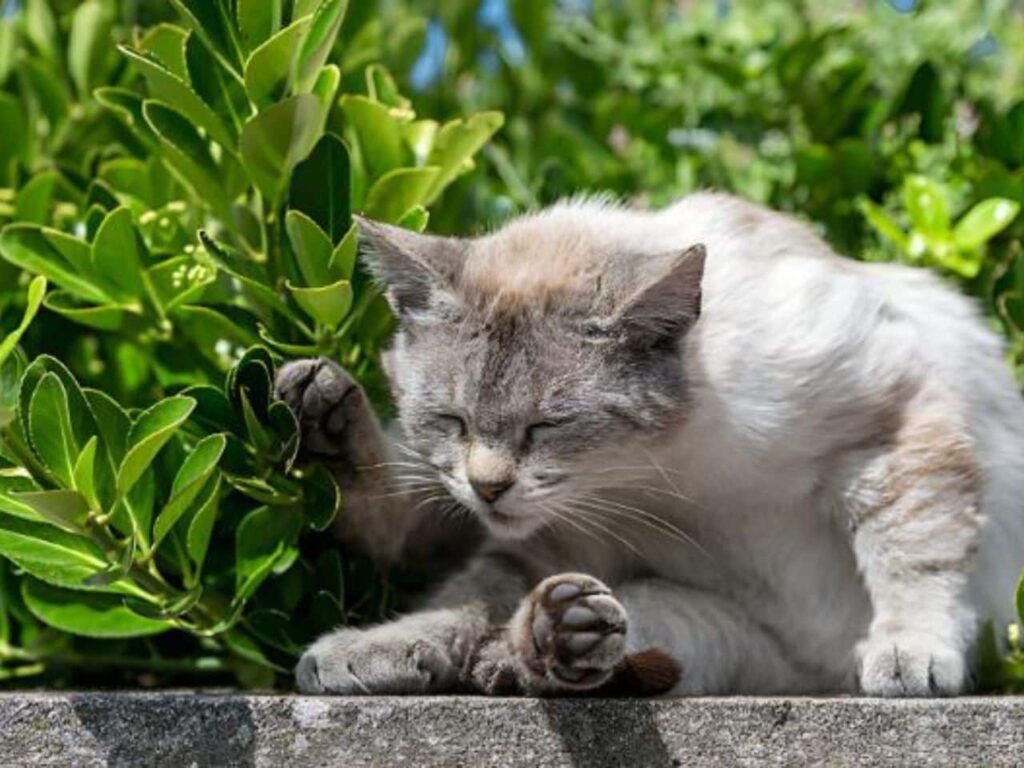
Sage And Cats
Cats are curious creatures. They love exploring their surroundings. This includes sniffing and tasting plants. Many cat owners wonder about the safety of various plants. Sage is one such plant. Is it safe for cats? Let’s find out.
What Is Sage?
Sage is a common herb. It is used in cooking and for its aroma. It has grayish-green leaves. People use it fresh or dried. Sage has many health benefits for humans.
Can Cats Eat Sage?
Cats can eat sage in small amounts. It is not toxic to them. But too much sage can cause problems. It might upset their stomach. Always keep an eye on your cat.
Benefits Of Sage For Cats
Sage has a pleasant smell. This can be soothing for cats. It can also help with digestion. But it should be given in moderation. Too much can be harmful. Must Read Lavender Cat Breed.
How To Offer Sage To Your Cat
Offer sage in small amounts. Fresh sage leaves are best. Do not give dried sage. It can be too strong. Always wash the leaves before giving them to your cat.
Signs Of Sage Overconsumption In Cats
Watch for signs of overconsumption. These include:
- Vomiting
- Diarrhea
- Lethargy
- Loss of appetite
If you see these signs, contact your vet. They can give the best advice.
Potential Risks Of Sage For Cats
Sage is a common herb used in cooking and medicine. Many people wonder, “Is white sage safe for cats?” Cats are curious creatures and may nibble on plants. Understanding the potential risks is important for cat owners.
Allergic Reactions
Some cats may have allergic reactions to sage. Signs of allergies include sneezing, coughing, and itching. If your cat shows these signs, it might be allergic to sage. Always watch for unusual symptoms when your cat is near this herb.
Digestive Issues
Eating sage can cause digestive issues in cats. These issues may include vomiting, diarrhea, and stomach pain. Cats have sensitive stomachs, and even a small amount can cause problems.
Monitor your cat closely if it consumes sage. Contact a vet if symptoms persist or worsen.
Essential Oils
Sage contains essential oils that can be toxic to cats. These oils can cause serious health problems. Symptoms of poisoning include drooling, difficulty breathing, and lethargy. It’s best to keep sage and other herbs out of reach of cats.
Also Read our Previous Article:
Preventing Access To Sage
Keeping sage out of your cat’s reach is crucial. Consider placing it in areas your cat can’t access. Use hanging pots or high shelves to store sage safely. This will help prevent accidental ingestion.
Safe Alternatives
There are safe alternatives to sage for cats. Catnip and cat grass are excellent options. These plants are safe and enjoyable for cats. They provide enrichment without the risks associated with sage.
Safe Alternatives For Cats
Many cat owners wonder if sage is safe for cats. This blog will explore the benefits of sage for cats and list some safe alternatives. Your furry friend deserves the best care.
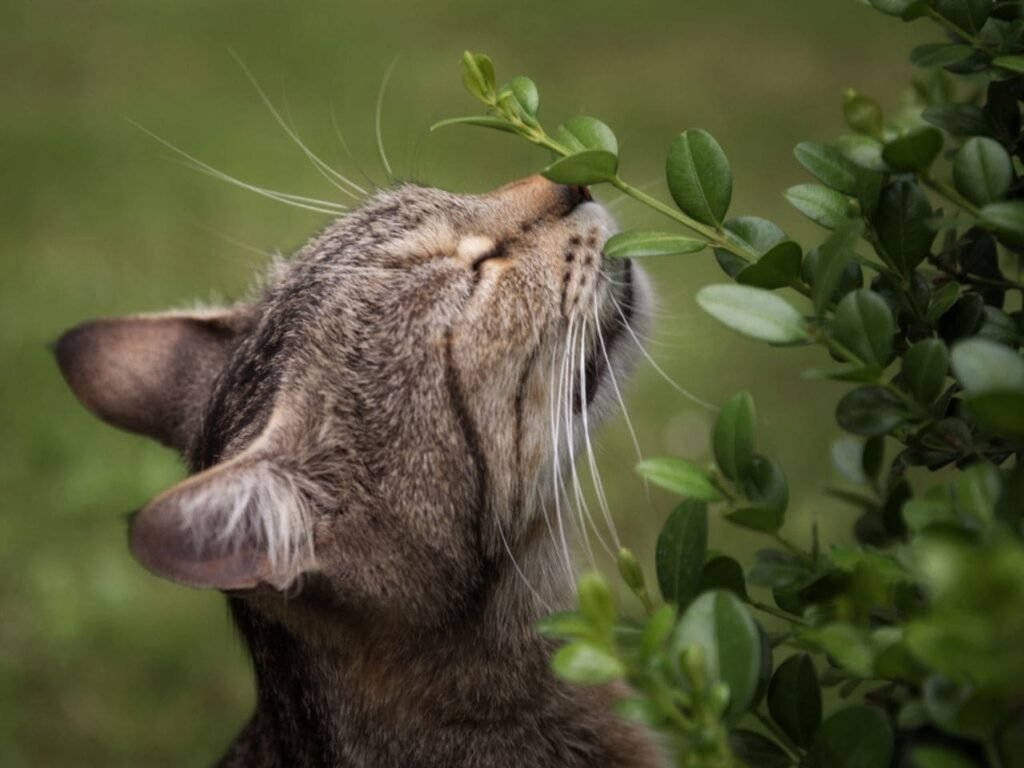
Benefits Of Sage For Cats
Sage has many health benefits for humans. But is it safe for cats? Sage is not toxic to cats. It can help with digestion and is rich in vitamins. Cats can eat small amounts of sage without harm.
Catnip
Catnip is a favorite among cats. It makes them feel happy and playful. Catnip is safe and can even help reduce stress. Your cat will love it as a treat.
Valerian Root
Valerian root is another option for cats. It can calm your cat and help with anxiety. Many cats enjoy the smell of valerian root. It is safe and effective.
Silver Vine
Silvervine is similar to catnip. It can make your cat feel excited and happy. Silvervine is safe and natural. Many cats prefer it over catnip.
Chamomile
Chamomile is a gentle herb. It can help calm your cat and aid in sleep. Chamomile is safe in small doses. Always choose dried chamomile to avoid any risks.
Mint
Mint is safe for cats in small amounts. It can freshen your breath and aid in digestion. Make sure to use cat-safe mint varieties.
Licorice Root
Licorice root can help with allergies and digestion. It is safe for cats and has many health benefits. Always consult your vet before adding it to your cat’s diet.
Cat Grass
Cat grass is a safe and natural treat. It helps with digestion and can prevent hairballs. Your cat will enjoy nibbling on fresh cat grass.
Frequently Asked Questions About Is Sage Safe for Cats
Is The Smell Of Sage Safe For Cats?
Yes, the smell of sage is generally safe for cats. Ensure proper ventilation to avoid overwhelming them. Always monitor your pet for any adverse reactions.
Is Sage Toxic To Pets?
Sage is generally safe for pets in small amounts. Large quantities can cause digestive issues. Always consult your vet.
Is Sage Like Catnip To Cats?
Sage is not like catnip to cats. While safe, it doesn’t usually cause the same playful reaction. Catnip contains nepetalactone, which triggers excitement in cats. Sage lacks this compound.
Are Cats Allergic To Sage Plants?
Cats are generally not allergic to sage plants. Sage is non-toxic to cats, but excessive consumption might cause digestive issues. Always monitor your cat’s interaction with plants.
Ensuring your cat’s safety with sage is essential. Moderation is key, as small amounts are generally safe. Always monitor your cat for any adverse reactions. Consulting your veterinarian can provide additional guidance. By being cautious, you can maintain a healthy environment for your feline friend.
